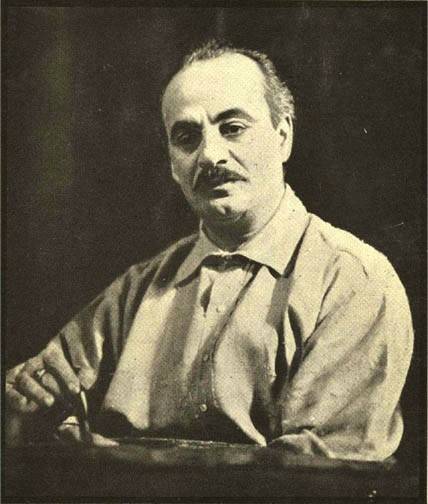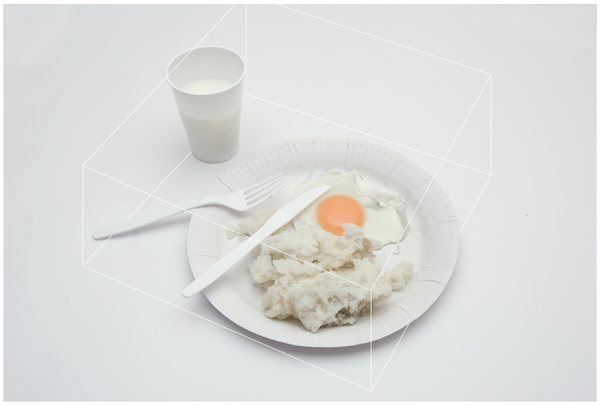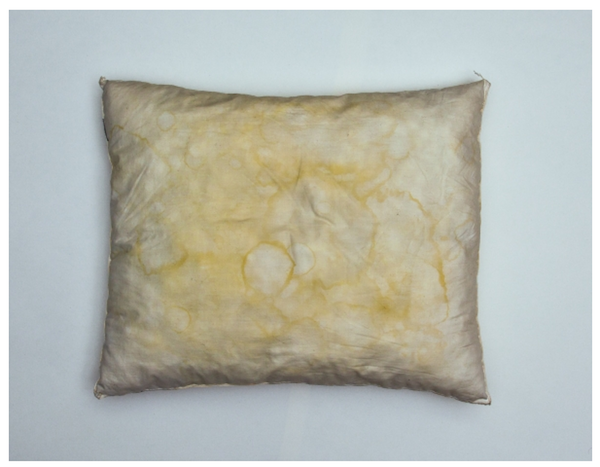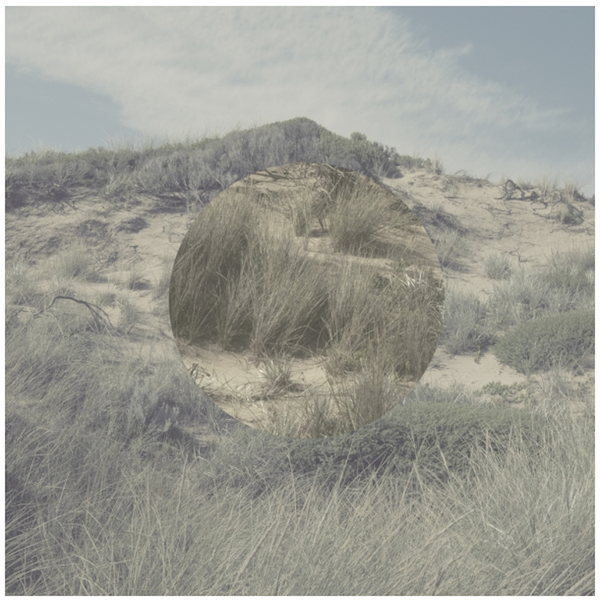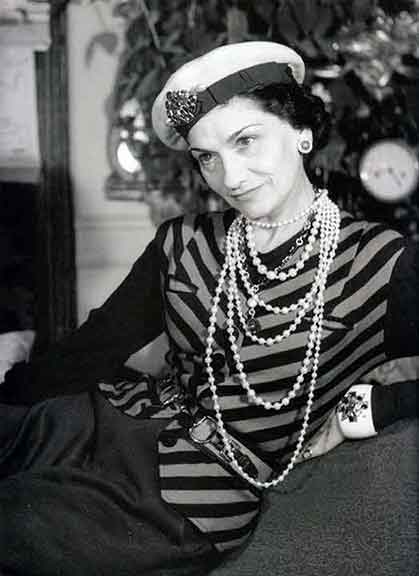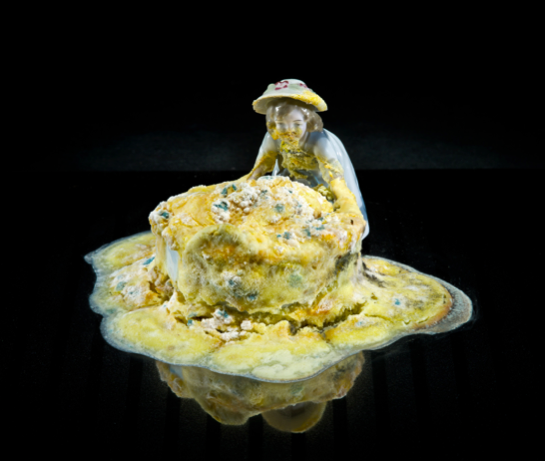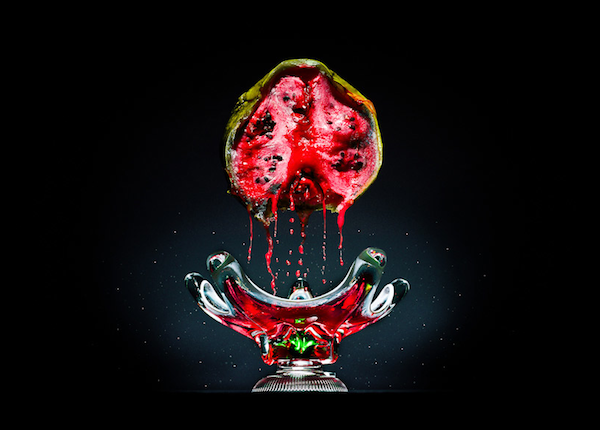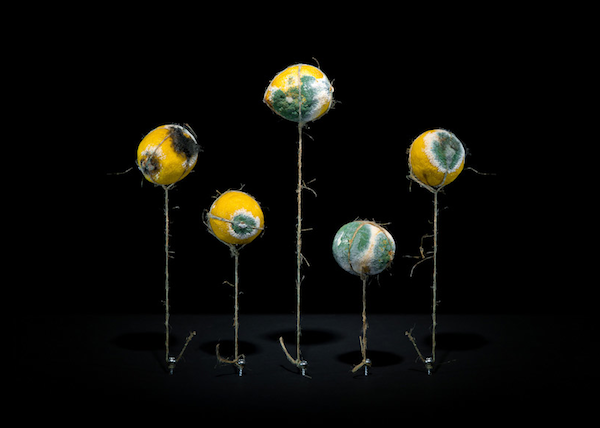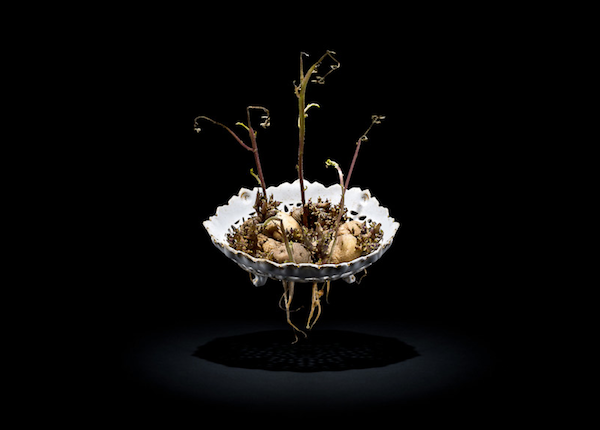Freelancers Union To Sponsor Innovative New Health Care CO-OPs
 Apr 3, 2012 Tweet
Apr 3, 2012 Tweet  When we spoke with Freelancers Union Advocacy and Policy Director Althea Erickson back in November, she told us that the organization was developing some exciting new health care options for the freelance workforce. Now, with some help from the US Department of Health and Human Services, one of those options is on its way to becoming a reality.
When we spoke with Freelancers Union Advocacy and Policy Director Althea Erickson back in November, she told us that the organization was developing some exciting new health care options for the freelance workforce. Now, with some help from the US Department of Health and Human Services, one of those options is on its way to becoming a reality.
Starting in New York, New Jersey and Oregon, the Freelancer's Union will be sponsoring Consumer Operated and Oriented Plans. CO-OPs, as they're called, work much like other private insurance companies, but with one key difference: they don't try to turn a profit. These new plans will compete with private insurers on the open market, giving individuals and small businesses a better and more fair alternative to current offerings, which are primarily designed to benefit large corporations.
The Department of Health awarded the Freelancer's Union $340 million in low-interest loans to sponsor these three state-level CO-OPs. The union plans to begin enrollment for the plans in Fall 2013, with coverage starting in 2014. In New York it expects to enroll 100,000 people in the next seven years.
As CO-OPs are part of the Patient Protection and Affordable Care Act, the Supreme Court's upcoming decision on the act could have an effect on their future. We're staying optimistic, though, and looking forward to a health care innovation that helps the growing independent workforce.
For more info, check out the Freelancers Union's CO-OP page and FAQ.
--John Ruscher
 Email tagged
Email tagged  CO-OPs,
CO-OPs,  Freelancers Union,
Freelancers Union,  Health,
Health,  freelancers
freelancers 
